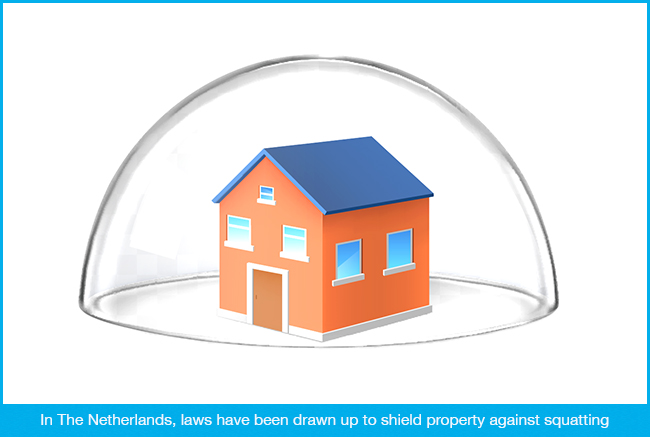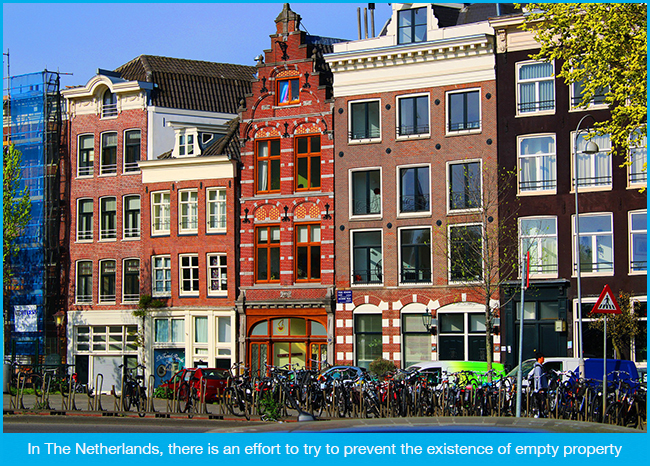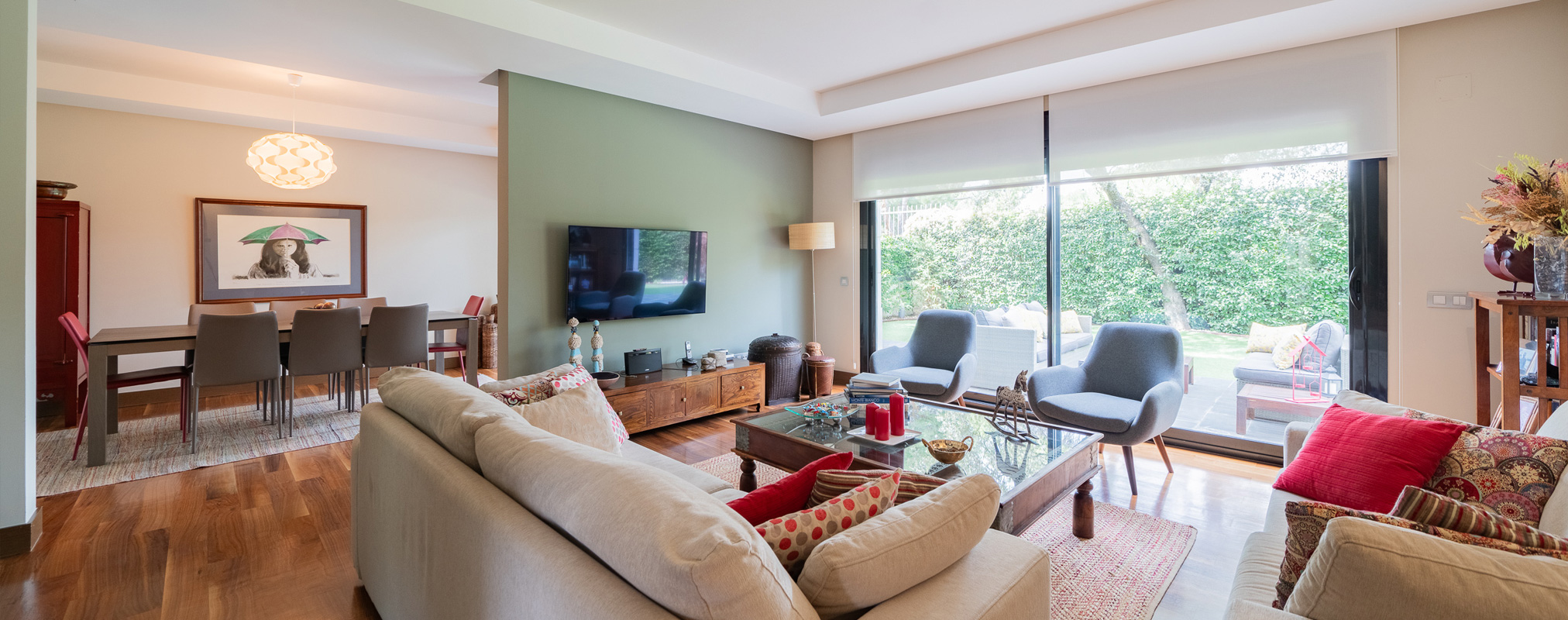In The Netherlands, the squatting phenomenon is much less extensive than in other countries, unlike, for instance in Spain. We all know that the problem of squatters and illegal occupation of homes has become a real torment for property owners. In our country, it is not strange to find cases of desperate property owners who do not know how to evict squatters of their houses. In Spain, the problem is that once the squatter has moved inside the house, the proceedings that the legitimate owner has to follow in order to recover the property are no easy matter. Occasionally, these proceedings can take a long time, sometimes even years and with the consequent emotional strain for the owner. If on top of this we add the damage to the house which with nearly complete certainty happens, and that the owner will have to repair once the property has been recovered, then we can really imagine the ordeal of being in such a situation. Recently, the research institute Europa Ciudadana, has published a report where it highlights the low impact regarding the squatting phenomenon in The Netherlands. Why is this so? What would we have to do so that the same thing happens in Spain? According to this report, the key to determine success to combat the problem of squatting is to have adequate legislation as regards access to housing. The Netherlands have legislated two laws aimed at bringing an end to this problem: they are the occupancy laws on empty buildings (in Dutch, Wet Kraken en Leegstand, of the year 2010 ), and the law of shortterm rentals (Wet Tijdelijke Verhuur, of the year 2016). By means of these two laws, on the one hand, they encourage the development of companies that aim at facilitating access to housing for the sectors that suffer great hardship. On the other hand, they include harsher sentences for squatters who illegaly occupy property. Let us take a look at this in detail.

TWO LAWS TO REGULATE EACH CASE
The law of occupation of empty property keeps owners from having real estate without being occupied, but in turn, it pursues harshly the illegal occupation of property to the point of punishing by imprisionment those who occupy a house illegally (the sentence can be 2 years and 8 months if the occupation has been carried out with violence). The law allows each town council to act in a quick and effective way in order to compel the owner to avoid leaving the property empty (this law is also applicable to offices and premises). If after a year, the town council notices that the property continues to be empty, then it may look for a tenant and if this property is in poor condition, then the town council can compel the owner to fix it up. On the other hand, the law of shortterm rentals was passed so that property owners could make contracts of short-term rentals and, furthermore, allowing the tenant to cancel the contract ahead of time provided that this is notified. This law was made to encourage the contracts of short-term rentals. Nonetheless, in this law a clause was included whereby the owner could recover the property ahead of time as long as several conditions were fulfilled. For instance, one of these conditions would be that the tenants are aged between 18 and 27 and that they have already lived for five years in the house. This clause is known as `clause of urgent temporary use´. In any case, before this clause can be implemented, the owner must ensure that the tenant can get another house.

A MODEL TO FOLLOW?
Is it possible to take these kinds of measures in our country? Without daring to address this incognita, what we do know is that in The Netherlands these measures have led to a significant drop regarding squatting, especially in cities like Amsterdam or Rotterdam. In addition, these measures have achieved making many unoccupied properties have a good use and becoming either residential or commercial, therefore also improving the cities. We are curious to know if this type of model could be carried out in other European countries. If this were indeed possible, then the problem of squatting and empty property could find a solution.




 Spanish
Spanish English
English